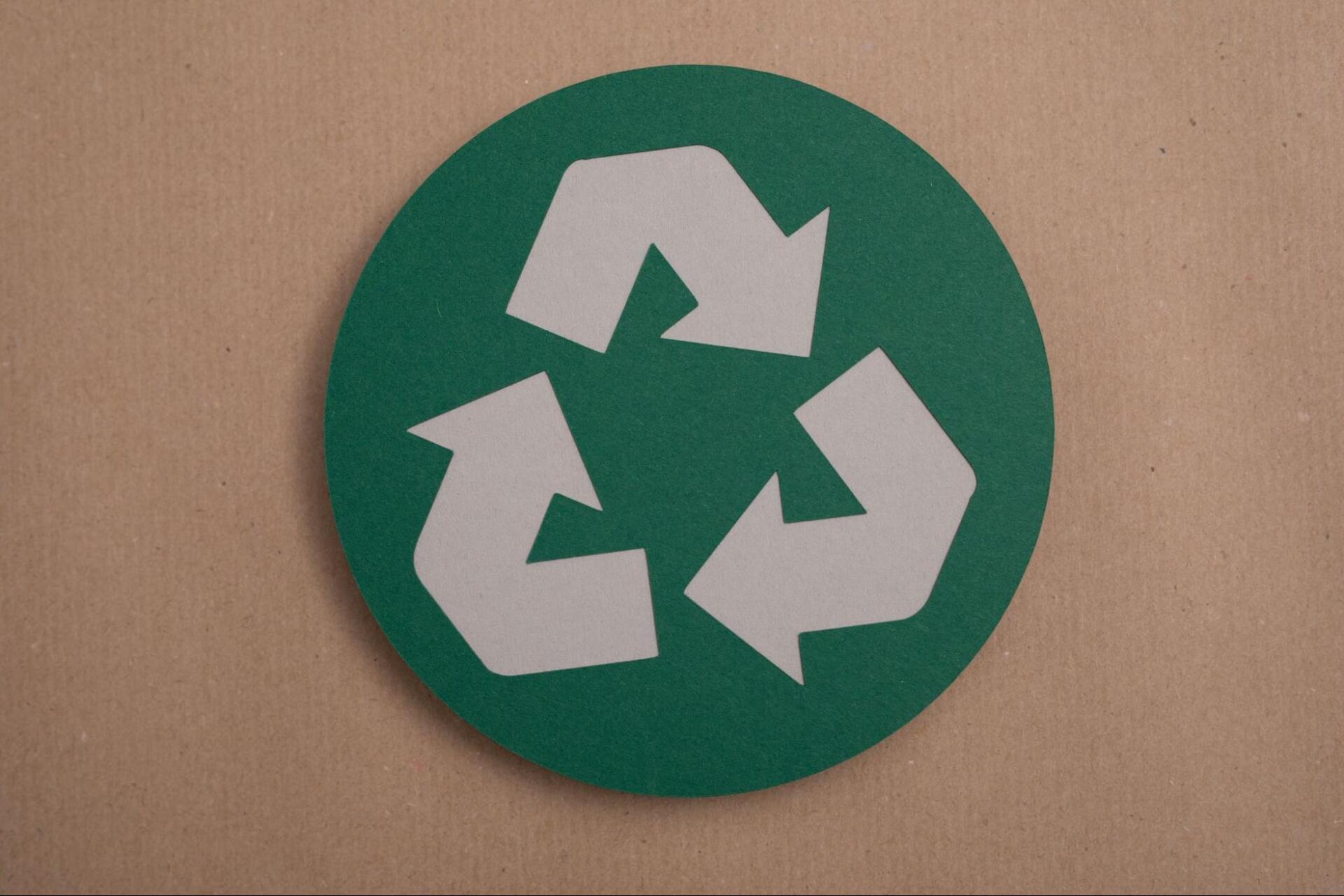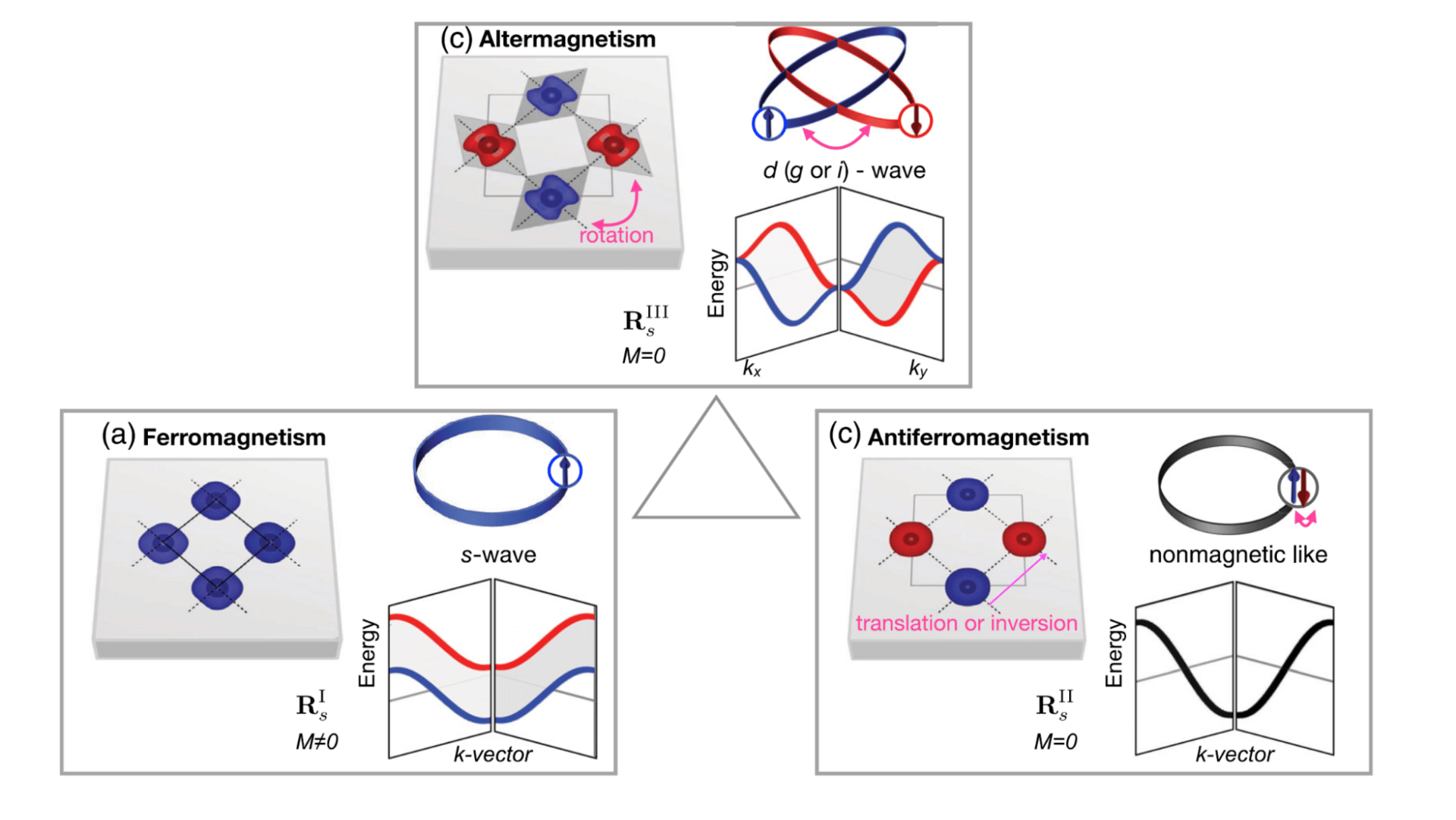- Sabine's Newsletter
- Posts
- AI Plagiarism, Altermagnetism, Datacentre Resistance, and UAPs
AI Plagiarism, Altermagnetism, Datacentre Resistance, and UAPs
This week’s science bits from SWTG

AI Research Full Of Undetected Plagiarism, New Study Finds

A group of AI-researchers confirmed what many of us suspected: research by large language models excels in recycling. The authors asked 13 experts to review 50 AI-generated research documents (36 of them created by the authors themselves, plus 14 from previously published AI-does-science projects). The experts compared each document with existing literature and found that about a quarter were paraphrased or copied, most of the rest showed strong similarities, and only a few contained genuinely new ideas. Most worrying: Standard plagiarism detectors usually failed to catch the overlaps. Preprint here.
This week’s episode of Science News is about aliens … maybe. A group of astrophysicists (which does not include Avi Loeb) says they have found evidence of unidentified aerial phenomena in old photographic plates dating back to before the time of the first satellites. The observations are difficult to explain with any known phenomenon and fit best with being of artificial origin. I forgot to mention it, but both of these papers have been peer reviewed. (Though it seems they have been rejected from the arXiv pre-print server.)
US Military Interested in New Form Of Magnetism

Figure: Altermagnetism works by a local correlation of atomic magnetic moments that causes no net magnetisation. It is distinct from the more common types of ferromagnetism and antiferromagnetism. Image Credits: Šmejkal et al, PRX 12, 040501 (2022).
One of the most surprising science news I have covered in the past years was the discovery of a new form of magnetism, the so-called “altermagnetism”. I was even more surprised to see that the US-military organization DARPA issued a Request for Information on the topic, basically a pre-emptive inquiry for further research. Just why DARPA is interested in the topic is anyone’s guess, and my guess in particular is that altermagnetic materials have a potential to improve electronic devices. This is because they store information in magnetic configurations without producing a net magnet field. You can watch my earlier video about this here.
Find out why 100K+ engineers read The Code twice a week.
That engineer who always knows what's next? This is their secret.
Here's how you can get ahead too:
Sign up for The Code - tech newsletter read by 100K+ engineers
Get latest tech news, top research papers & resources
Become 10X more valuable
AI goes NIMBY

Local resistance to AI datacentres is growing. In the United States, multiple towns and counties, from Michigan to Illinois, to New York, have refused to host AI data centres. A similar resistance is going on in Spain, the Netherlands, Ireland, and France. Much of the concerns circle around use of land and water. It seems that the enthusiastic predictions of an “intelligence explosion” failed to account for good old nimby-ism.

